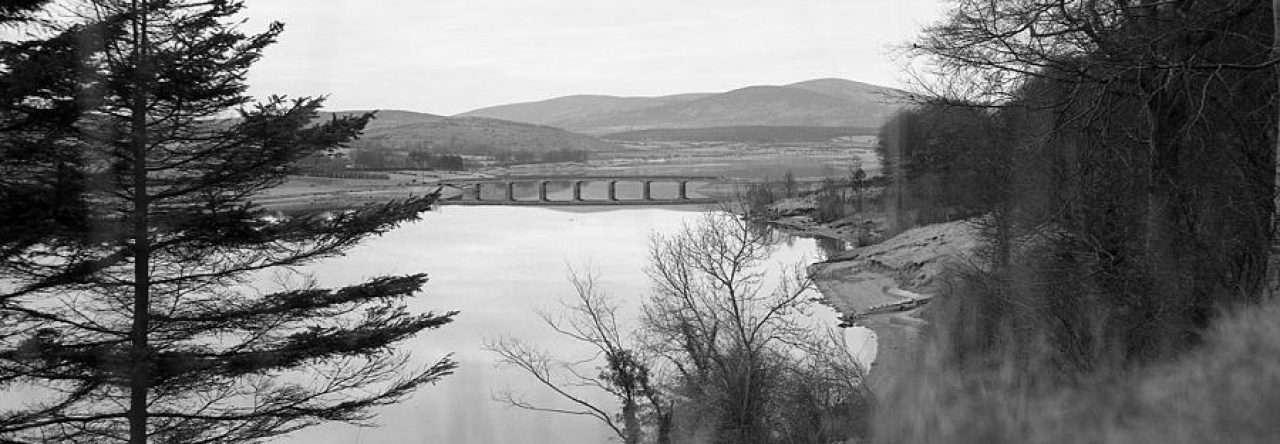The following story is based on the diaries of Elizabeth Smith of Baltiboys House, Blessington.
26th May 1847:
Yesterday John Hornidge of Russelstown shot himself by accident. John was a man of great wealth and property, but sadly it all would be of little avail to him now. Because of the uncertain times, this being at the height of the awful Famine, he carried loaded pistols with him in his pockets. Getting down from his carriage one of the guns went off, the bullet lodging in his leg. Fortunately the bone was not broken and Mr. West who was helping him alight was not hit. Dr. Robinson was immediately sent for to the river where he was fishing. Also a man of Mr. Owen’s was mounted on one of his hunters and despatched to town for surgeon Porter. Mr.Porter’s mother was a Hornidge, so of course he answered the call. He arrived at about eight in the evening. The two set to work and cut out the ball. I remember discussing the case with the late Dr. P.K. Joyce, who explained that there was very likely some remnant of the trousers still in the wound, and in such a situation infection was the greatest danger. In those days doctors did not sterilise scalpels, and the great discovery of Penicillen was yet to come about. Mr. Hornidge was aware of the danger he was in, was terrified of dying, and altered his will.
2nd June 1847:
Yesterday morning at 8 o’clock he expired. Mrs. Smith waffles on about how wonderful a man he was: ”we shall not see his like again, the race of such as he is gone, full of kindness, full of fun, full of talent, useful beyond all others in his neighbourhood. Nature made him a superior man, want of education and the prejudices of his times and nation prevailed over better feelings at times. Alas! Poor John Hornidge! We could have better spared a better man!”.
Perhaps he should have been canonised! The fact was landlords like the Hornidges did little to better the condition of the native Irish on their lands. They showed scant respect for them. Thankfully Mrs. Smith does not fit into the above categories, but she was tainted by the prevalent disdain of the ruling class for lesser beings on their estates, from whom they got their income .
9th June 1847:
“Thursday last was the day of poor John Hornidge’s funeral. Blessington was crowded, a bright and sunny day, such as the old man used enjoy when driving along to the sessions where he had reigned as Chairman so many years, glancing a proud eye as he passed in his high phaeton over the Russelstown woods and meadows covered with the cattle he had such pleasure in calculating the profits on.”
The Famine was the beginning of the end for landlordism. Many landlords were broke. Tenants were unwilling to pay rents as before. From now on they wanted to own the land they farmed.

